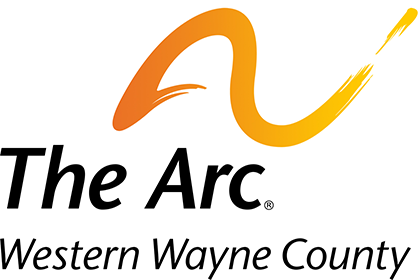The Americans with disabilities act, or ADA, bans discrimination based on disability. It gives people with disabilities civil rights protections on the basis of race, sex, national origin and religion. It guarantees equal opportunity for people with disabilities in employment, public accommodations, transportation, state and local government services and telecommunication relay services.
Under employment, the ADA says that employers may not discriminate against a person with a disability in hiring or promotion if the person is otherwise qualified for the job. Employers can ask about a person’s ability to perform a job, but cannot ask if someone has a disability or make a person take tests that tend to screen out people with disabilities. Employers need to provide reasonable accommodations to individuals with disabilities if needed. A reasonable accommodation can be things like changing doorknobs to ones that are easier to turn, or moving things out of the hallway so that a person who uses a wheelchair can pass through. Employers do not need to provide accommodations that are an undue hardship.
Under transportation, new public buses and rail cars must be accessible to people with disabilities. Transit authorities must provide comparable or other special transportation services to people with disabilities who cannot use fixed route bus services unless an undue burden would result. New bus and train stations must be accessible. All existing Amtrak stations must be accessible by 2010.
State and local governments may not discriminate against qualified individuals with disabilities. All government buildings, services, and communications must be accessible.
Under public accommodations, private places, such as restaurants, hotels, and retail stores may not discriminate against people with disabilities. Aids and services must be provided in order to communicate with people with disabilities. An example of this would be a picture menu so that someone could point to what they wanted to order if they couldn’t say it. Barriers in existing buildings must be removed, if it can be done. If not, other ways of providing services must be offered. All new buildings and changes to buildings must be accessible.
Under telecommunications, telephone companies must offer telephone relay services to allow access for people with speech and hearing impairments who cannot use telephones.
You can file a complaint if you think you are being discriminated against. If you feel an employer has discriminated against you because of your disability, you can contact the Equal Employment Opportunity Commission at 800-669-4000.
If you feel your local transpiration authority is not following the ADA, you can contact the U.S. Department of Transportation at 202-366-9305.
The U.S. Department of Justice can help you with other ADA questions or complaints. You can contact them at the Public Access Section of the Civil Rights Division at 202-514-0301.
For information and technical assistance on the ADA, vistit their website at www.ada.gov.
Phone code: 1800

Recent Comments